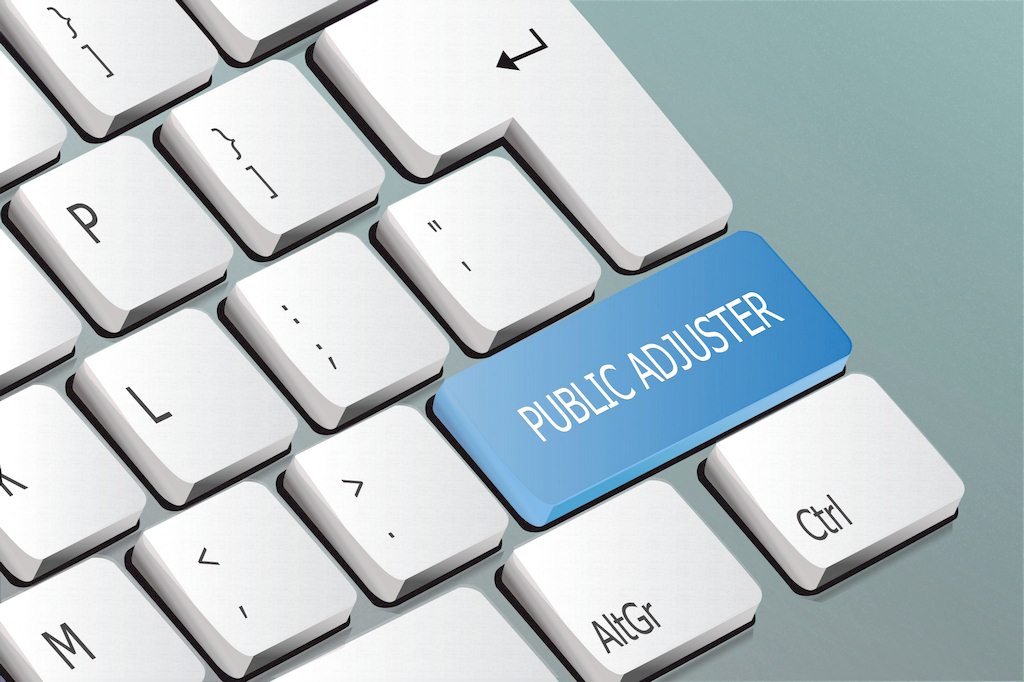Table of Contents Show
Every year the American insurance industry takes in more than $1 trillion in premiums.
For many customers, an insurance policy is the one thing that helps avoid utter ruin. However, filing a claim can be complicated and time-consuming once you need your policy to pay up.
Due to this, many people turn to public insurance adjusters to help them get the best possible compensation.
If you’re asking, “What does a public adjuster do?” then here is a brief guide to help you evaluate their usefulness in aiding your claim.
Read Also:
- Prevention of Floods: Essential Flood Prevention Tips All Homeowners Should Know
- Protect Your Valuable Belongings with the Right Home Insurance Policy
- Home Insurance: What Determines Low Rate Charged On Premium?
- Storm Damages and What They Mean for Your Home and Family
- Renovating Your Home? Don’t Forget These Important Steps
- 5 Things to Do After a Hurricane Hits Your Home
- Why Your Cleaning Service Needs Insurance
- Home Insurance Tips And Cost
What’s a Public Adjuster?
A public adjuster (PA) is a licensed insurance professional whose job it is to manage an insurance claim on behalf of the policyholder.
Every legitimate public adjuster is licensed by the state and you can check with your state insurance commissioner’s office before hiring one.
When you hire a PA to negotiate a claim for you, it’s usually because you feel the claim is incorrect. Once you hire a public adjuster, they will leverage their experience and relationships to ensure you get a fair outcome.
In many cases, a PA is one who previously worked for an insurance company. After gaining a wealth of experience and learning how the job gets done, the PA then branches out to represent the public.
The default approach for an insurance firm is to pay out the least possible compensation they legally can.
When you find a public adjuster, you effectively bring on board someone who is on your side and knows how to play the game, to limit your compensation reduction.
Since there are PAs with varying levels of experience and expertise, you need to hire an expert in the category your case is in.
What Does a Public Adjuster Do?
Many people don’t end up using a PA because the insurance firm will give them an adjuster as part of the claims process.
Additionally, some claimants never know that a PA’s services are available to them as they file a claim.
Here is what a PA does for you during the claims process.
Correct Documentation of Your Claim
One of the core reasons you should bring a PA on board is that they can help you document your claim correctly.
Filing a claim is a document-heavy process, and should you miss anything along the way, you risk derailing the entire application.
To add to that, the process of evaluating, completing, and submitting claims can be extremely exhausting.
From calculating the actual cash value to tracking all related costs, a PA knows how to approach accounting for and documenting the claim so that it does not impede your odds of fair compensation.
A PA is familiar with the level of detail necessary to file each claim successfully. They can, therefore, help you organize all the paperwork, including the critical supporting documents.
As a result, your claim will not only be filed appropriately, but you will avoid unnecessary delays due to faulty paperwork.
Negotiate on Your Behalf
The term adjusting refers to negotiating that is done on your behalf. As such, part of a PA’s core duty is to negotiate with the insurance agency to look after your best interests.
Once you bring a PA on board, the insurance firm will be communicating exclusively with them and not you.
Given that an adjuster has most likely worked for an insurance agency before, they know how the firms handle claims.
That means you can have a voice speaking on your behalf that knows the traps to avoid and the right buttons to push to get optimal results.
How Do You Pay a Public Adjuster?
Most PAs don’t charge you a fee to assess whether they can work with you. Once they decide to take on your claim, they will charge you a fee, which is a percentage of the payout you will receive from the insurance provider.
For example, let’s say you retain a PA who charges 10%. If the payout from your claim is $150,000, then the PA will receive $15,000.
The fee each PA will charge will vary, but local state law does place a cap on how much any PA can charge.
To add to that, PAs also place a cap on how much they can collect per case. PA with little experience will typically cap their commission at $5,000 while more experienced PAs put the ceiling on their commission at $10,000 to $15,000.
When it comes to dealing with large claims (think $1 million or more), a PA will typically negotiate for a lower percentage fee.
When Should You Hire a Public Adjuster?
So when should you consider it prudent to bring on board a PA? Here are a few examples.
You Don’t Understand the Policy’s Language
Your insurance policy features complicated clauses, provisions, legal terms, and issues that impact the settlement you receive.
If you fail to understand the implication of each element of your policy, you risk getting less settlement or having your claim denied.
Unless you have deep experience in navigating insurance policies, hiring a PA will be prudent to your success.
A PA can help you understand the depth of your coverage and each policy element’s implication, in light of the compensation you seek.
You Have No Time to Handle the Claims Process
If you’re seeking an insurance claim, it means you’ve suffered an unfortunate loss. As such, the claim is not the only demand on your time.
If it’s a business disaster, you will need to focus on continuity. If it’s a personal tragedy such as losing your home, you will need to focus on charting a path to recovery.
All that means you may not have the time it takes to deal with the claims process competently.
A PA steps in here to help you correctly document the claim (which is a time-intensive process) and negotiate with the insurance company all the while keeping you updated.
An Unfair Evaluation of Uncooperative Insurance Company
Is the insurance company not responding promptly to your queries? Are you having trouble getting them to engage with you in the process?
You will need to hire a PA who knows how to reach the people with the answers you need effectively.
You should also consider bringing a PA on board if you feel the evaluation of your claim was not done fairly. They will help negotiate on your behalf to ensure you get a fair hearing.
Are You Ready to Get a Fair Hearing?
An insurance policy can often be the only thing standing between you and your ruination. For a policy to help you, it needs to deliver worthwhile compensation.
A public adjuster can help them seek this optimal outcome.
Before you sign the contract, seek to ask, “What does a public adjuster do?” as that can help you figure out how to get the most out of your PA.
Are you interested in learning more about all things homeownership? Check out more of our content for insightful ideas and tips for homeowners.











1 comment
The article on what a public adjuster does likely provides valuable insights into how these professionals can assist in navigating insurance claims, which could be beneficial if your projects encounter property damage or liability issues. Stamped Concrete Clearwater